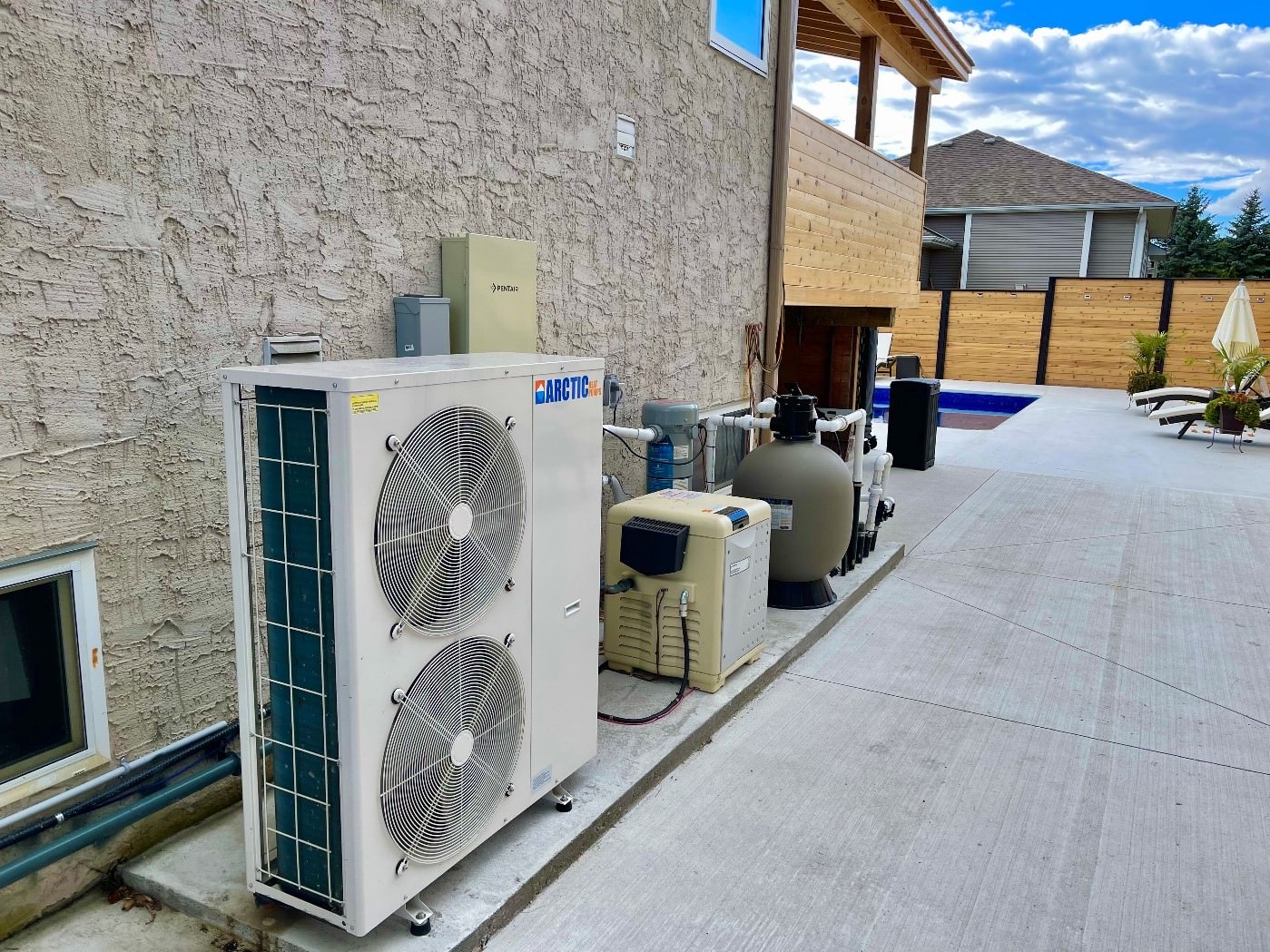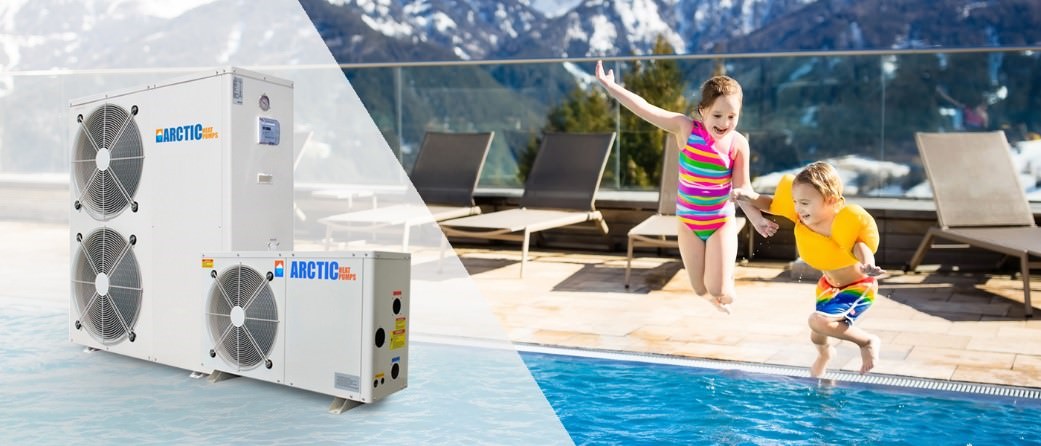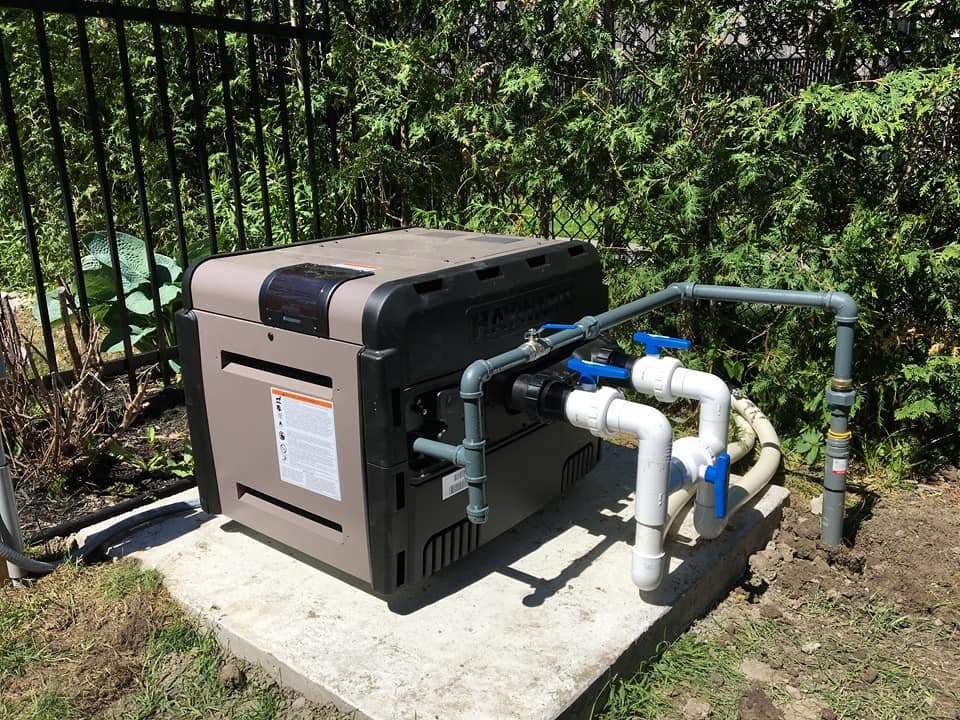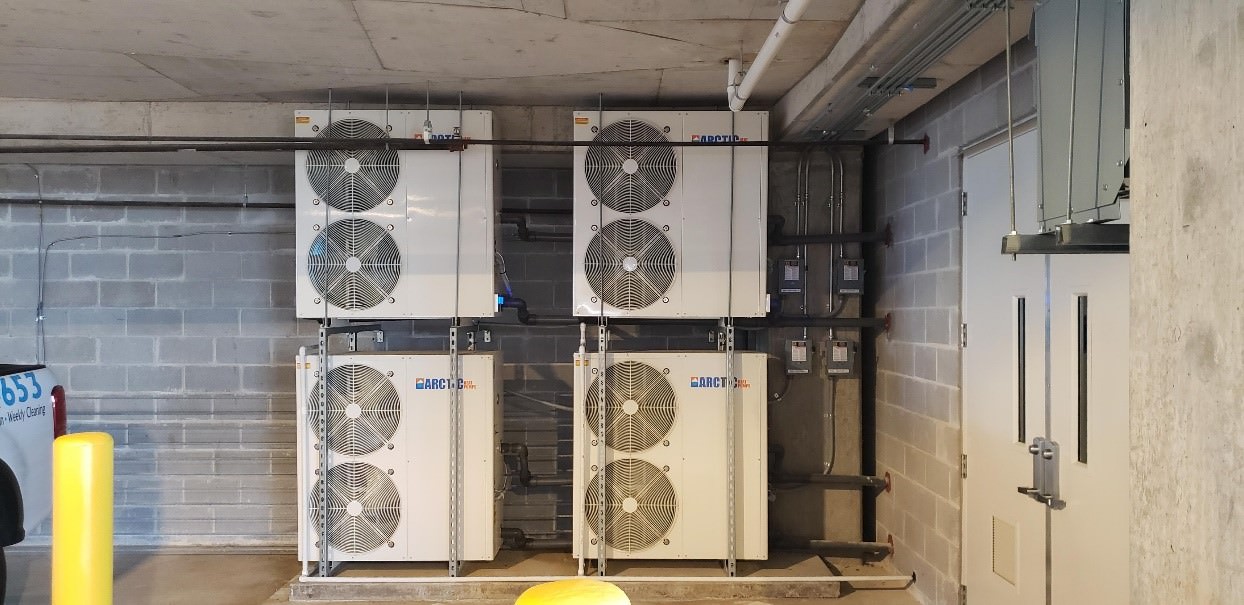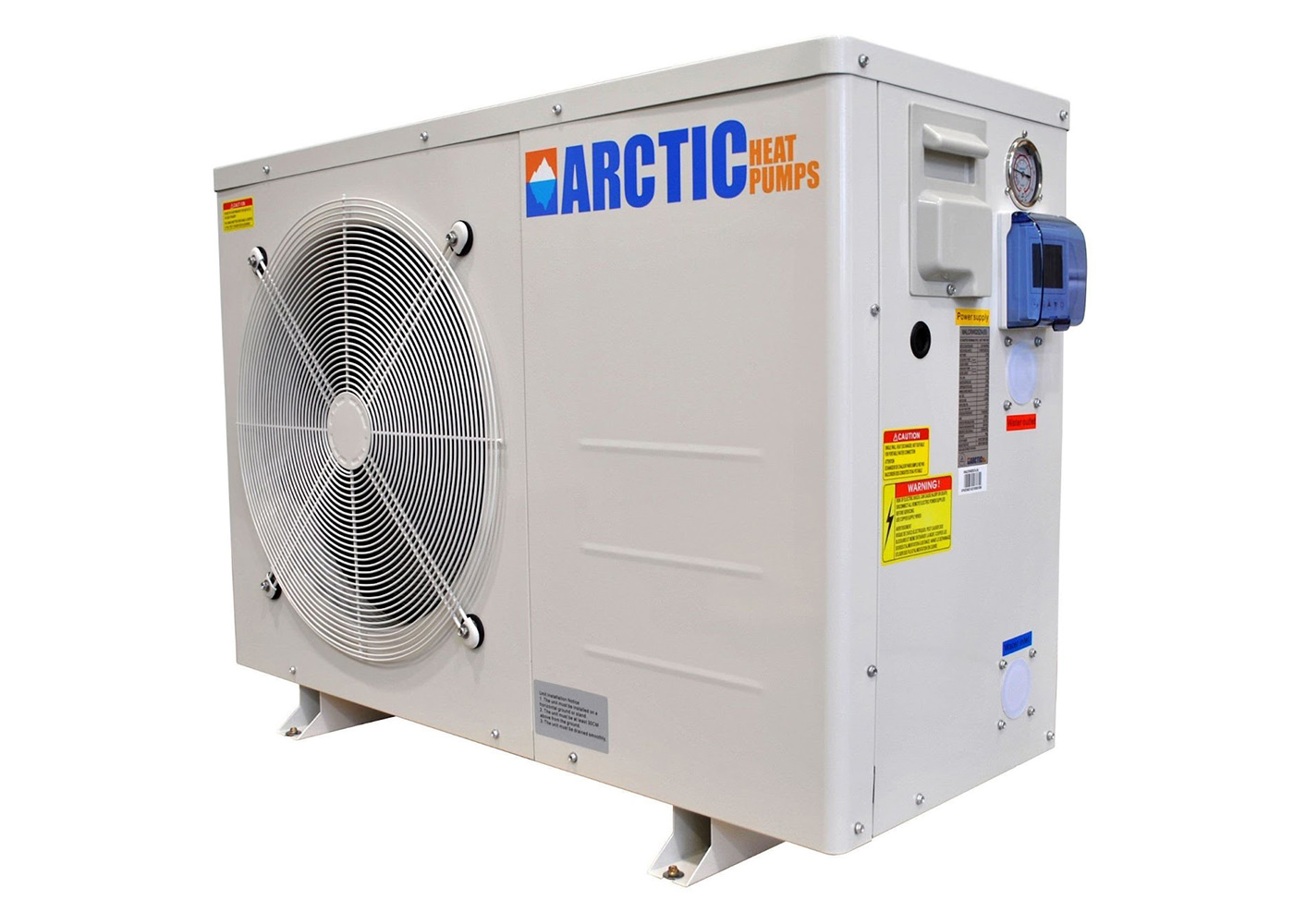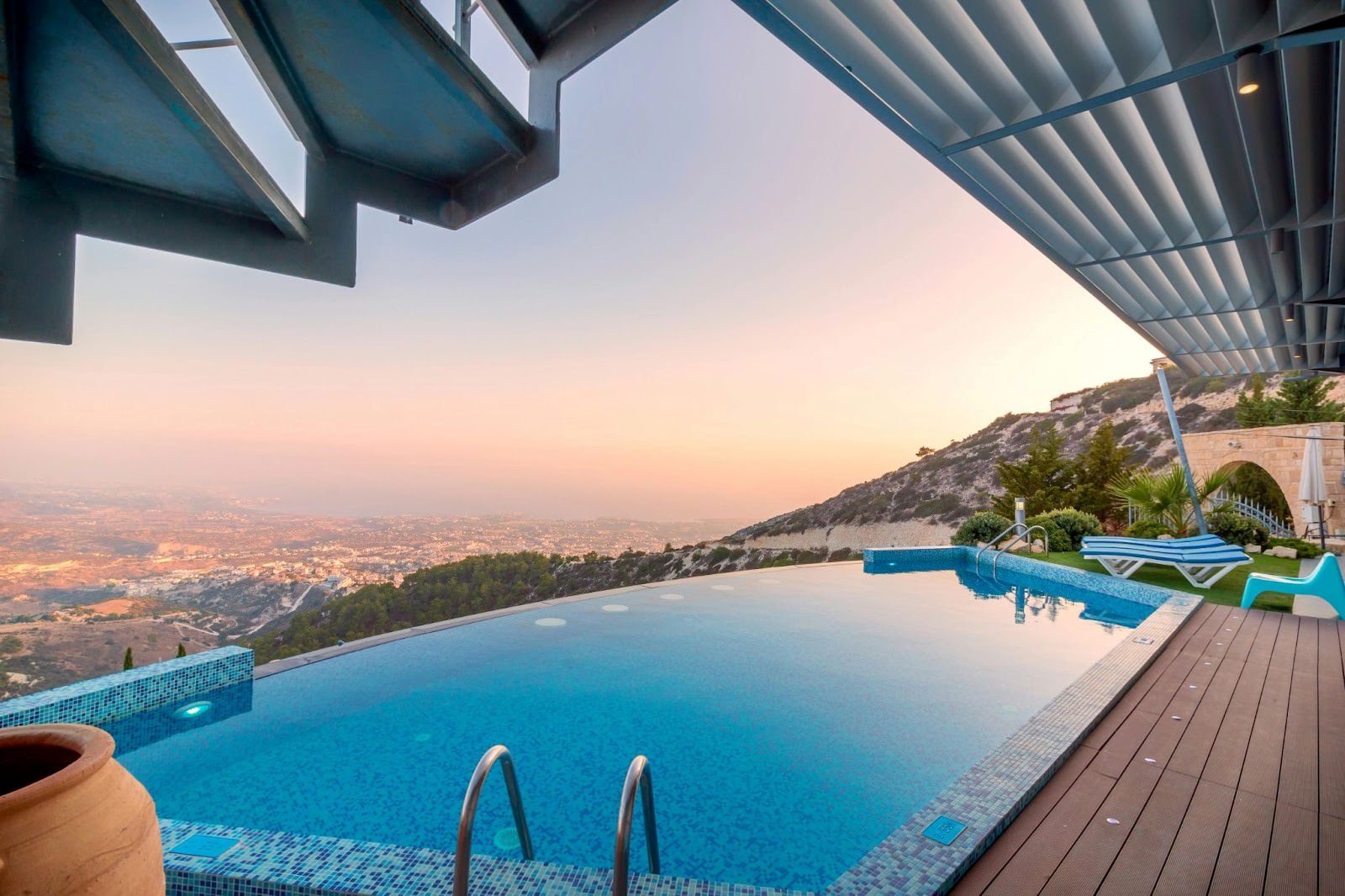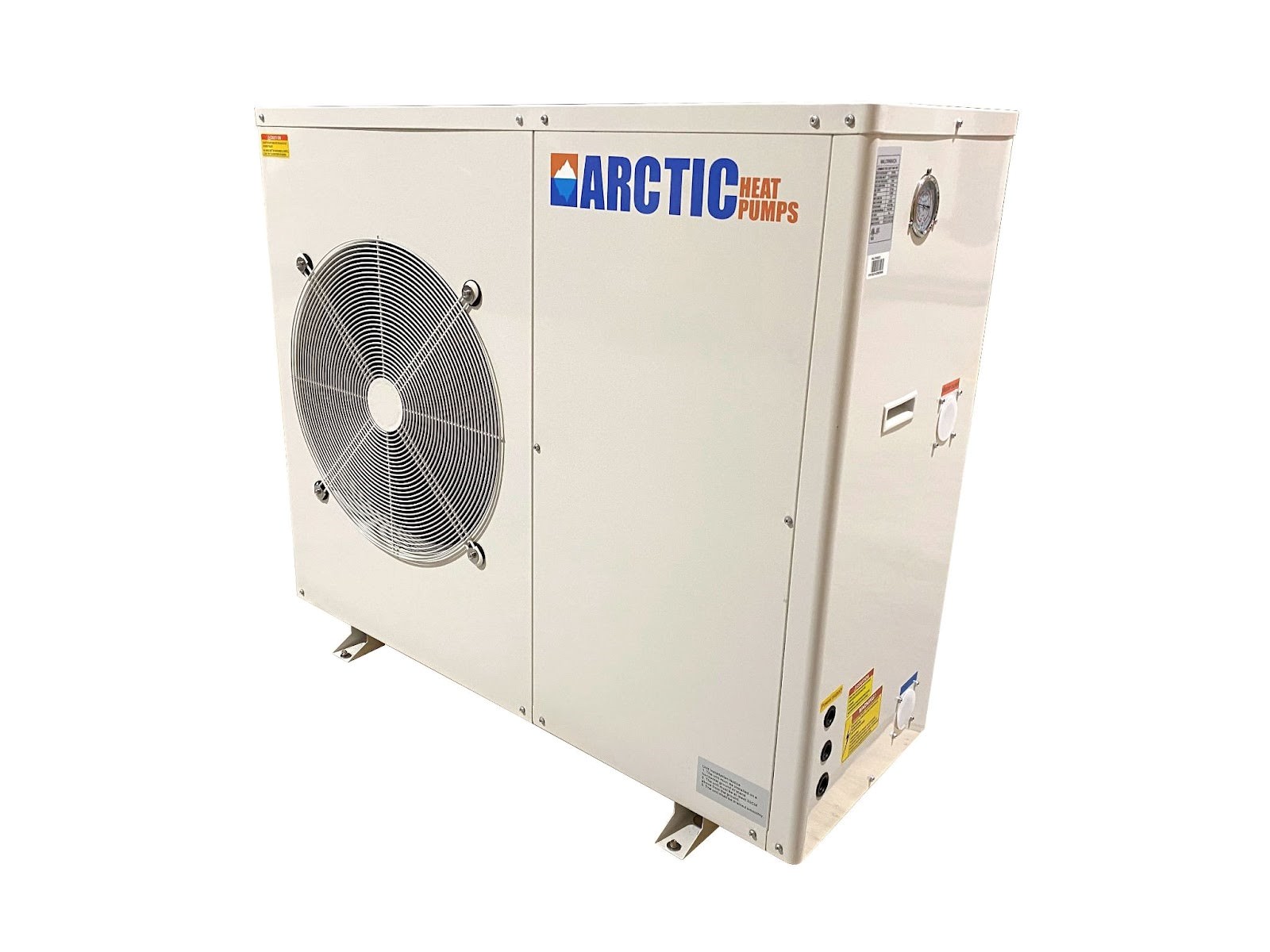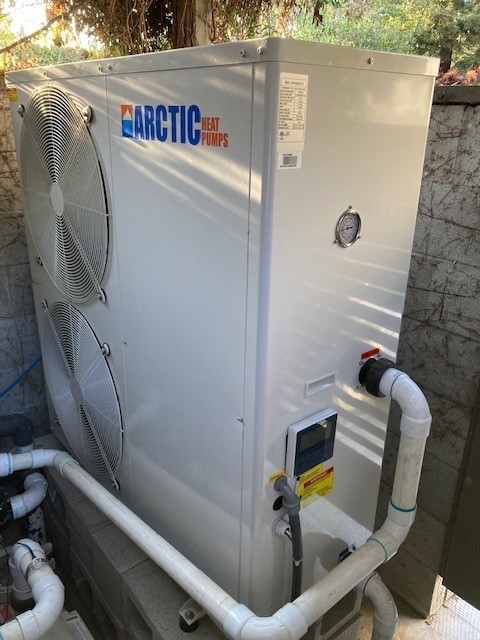Imagine extending your swimming season, enjoying a refreshing dip on a sweltering summer day, and even taking a soothing soak in the winter. With an Arctic Heat Pump, this dream becomes a reality. Unlike traditional pool heaters that solely focus on increasing water temperature, Arctic Heat Pumps boast a unique dual functionality: heating and cooling. This innovative pool heat pump technology allows you to maintain the perfect pool temperature all year round, making it a worthwhile investment for any pool owner.
Beat the Heat and Stay Cool:
Living in a hot climate? An Arctic Heat Pump acts as a chiller, providing a cool escape during scorching summer months. By extracting heat from your pool water and transferring it to the surrounding air, it effectively lowers the temperature, creating a refreshing haven for you and your family. This feature is particularly beneficial in regions where scorching temperatures can make enjoying your pool an unpleasant experience.
The Dangers of an Overheated Pool:
It’s important to remember that excessively high pool temperatures can be detrimental. When pool water reaches above 86°F (30°C), it can:
- Promote algae growth: This unsightly green film not only makes your pool unappealing but can also clog filters and irritate swimmers’ skin.
- Increase chemical consumption: To maintain proper sanitation at higher temperatures, more chlorine or other sanitizers are needed, leading to increased costs and potential chemical imbalances.
- Damage pool equipment: Excessive heat can wear down pool liners, filters, and other components, leading to costly repairs or replacements.
Enjoy Warmth When You Need It:
Of course, when the temperature dips, the Arctic Heat Pump seamlessly transitions into heating mode. Its efficient operation extracts heat from the surrounding air and transfers it to your pool water, ensuring comfortable swimming even in cooler months. This extends your pool season significantly, allowing you to enjoy it for a longer period.
Additional Benefits of Arctic Heat Pumps:
- Energy Efficiency: Compared to traditional electric heaters, Arctic Heat Pumps offer superior energy efficiency, resulting in significant cost savings on your energy bills.
- Quiet Operation: Unlike gas-powered heaters, Arctic Heat Pumps operate quietly, creating a peaceful poolside environment.
- Environmentally Friendly: By utilizing renewable energy sources like air, Arctic Heat Pumps contribute to a greener environment.
Conclusion:
An Arctic Pool Heat Pump is an investment that pays off in the long run. With its ability to both heat and cool your pool, it ensures year-round comfort, reduces pool maintenance costs, and contributes to a more sustainable lifestyle. So, take the plunge and experience the difference an Arctic Heat Pump can make in your pool ownership experience.

